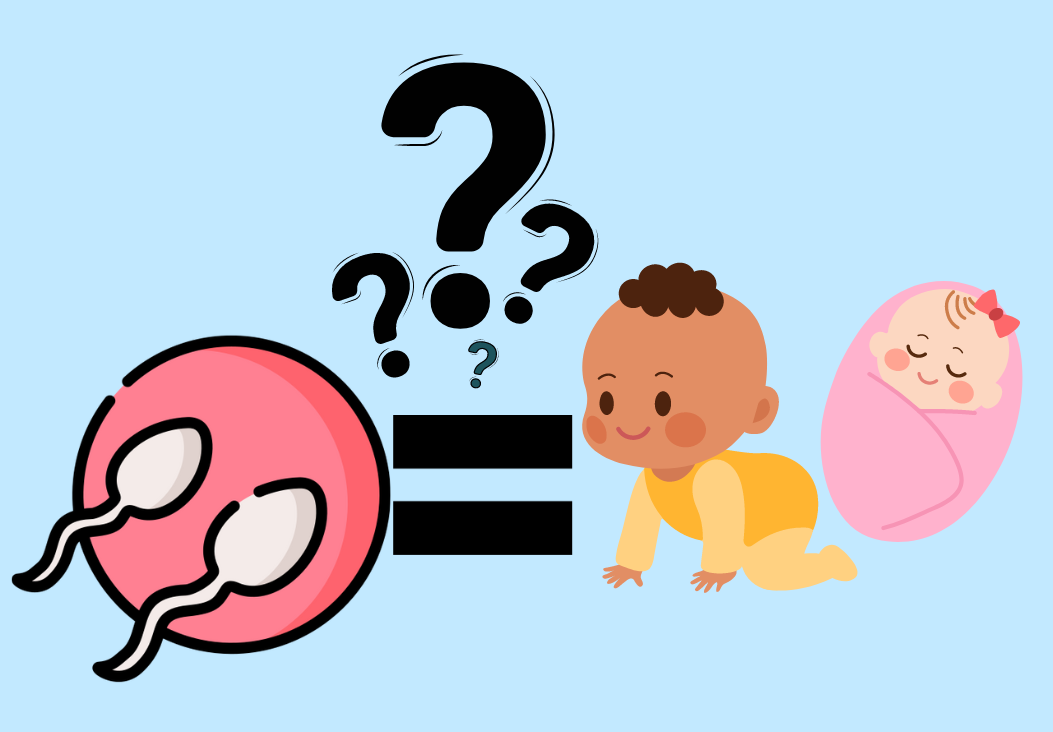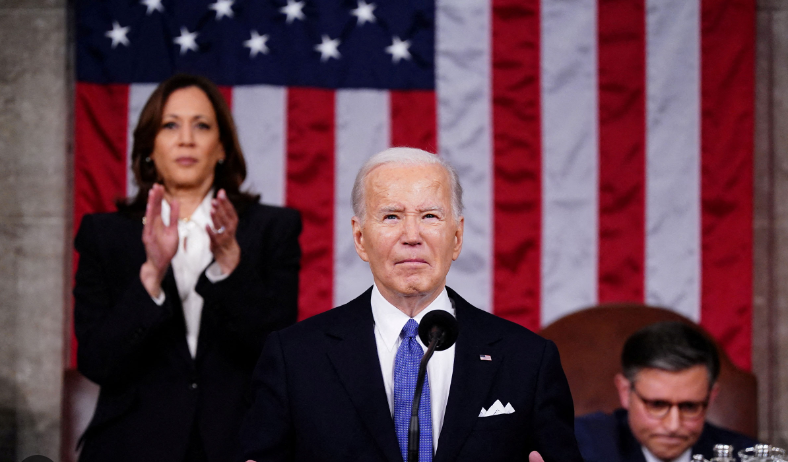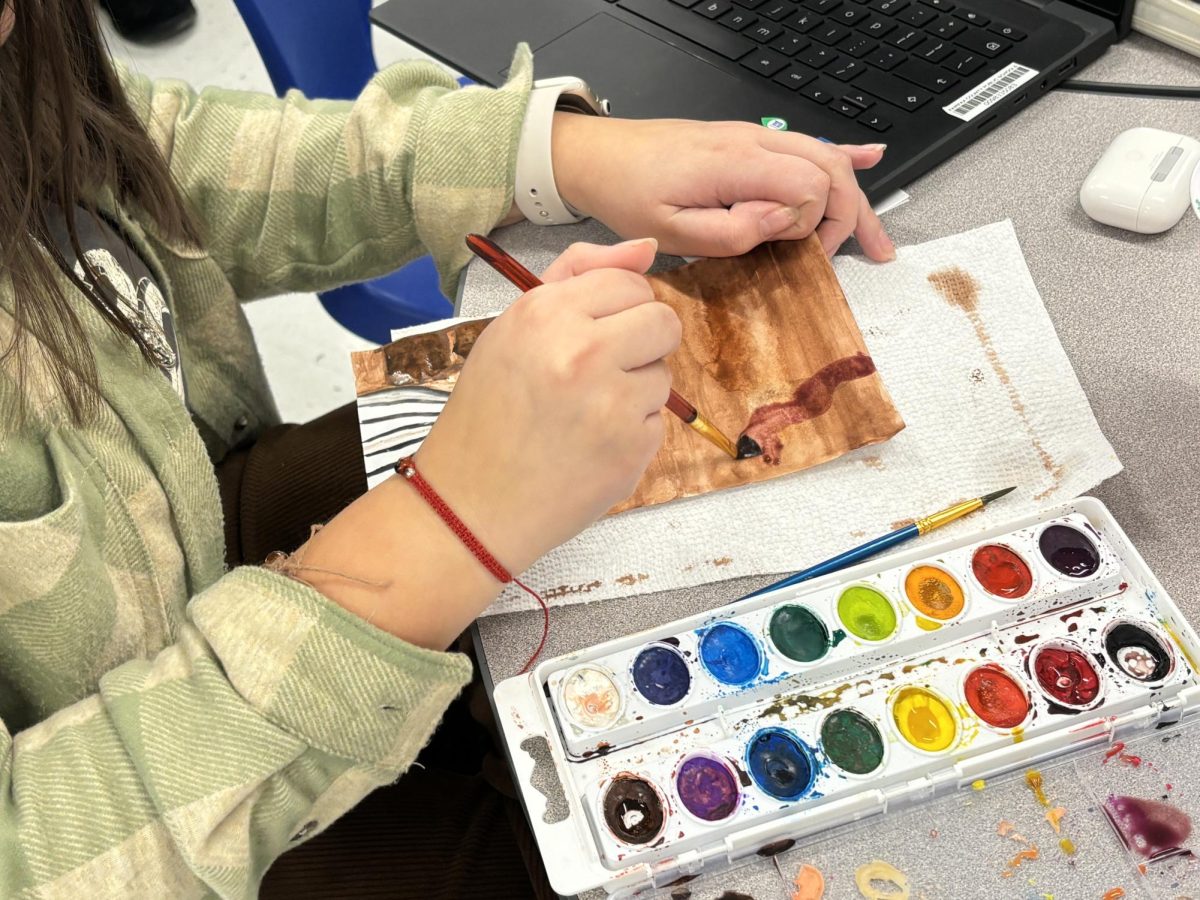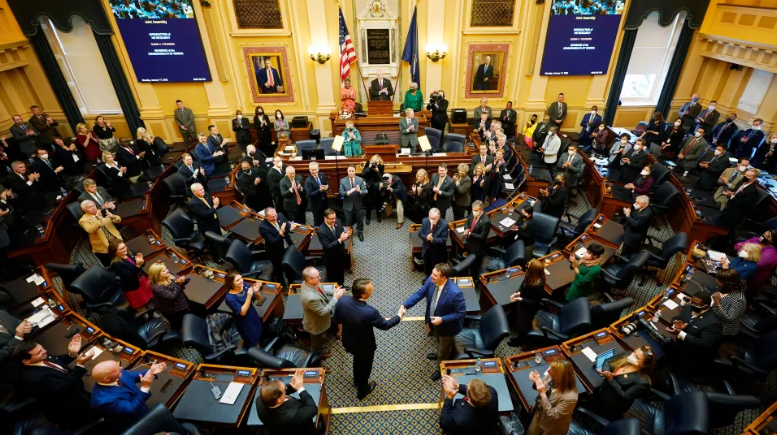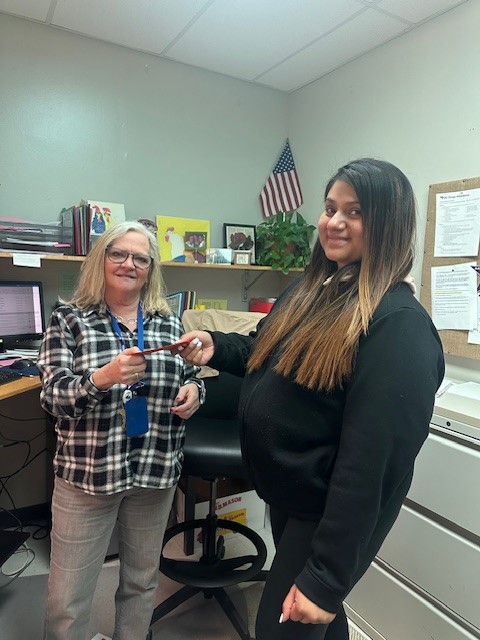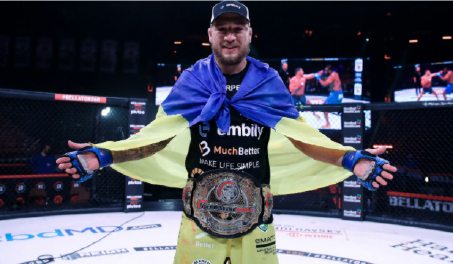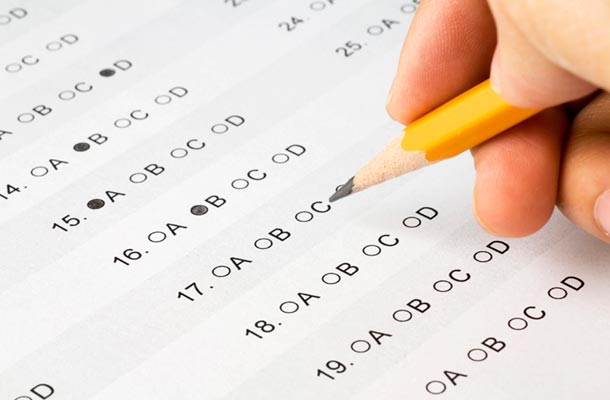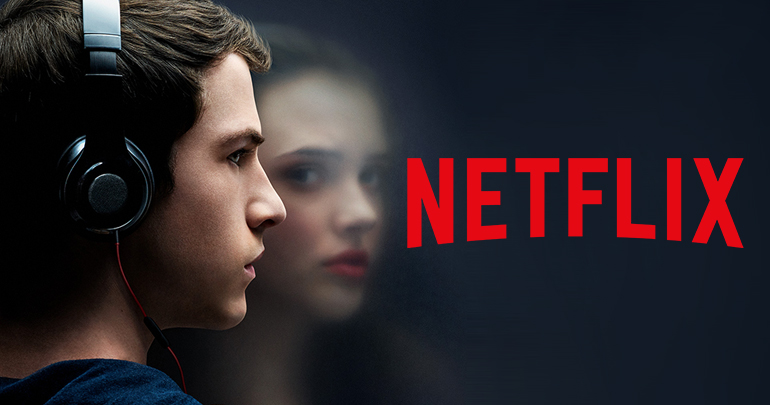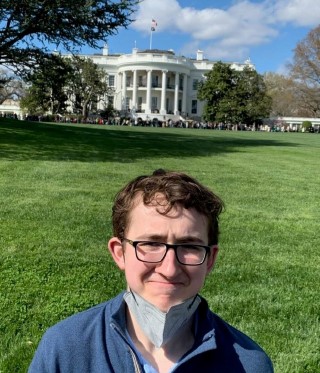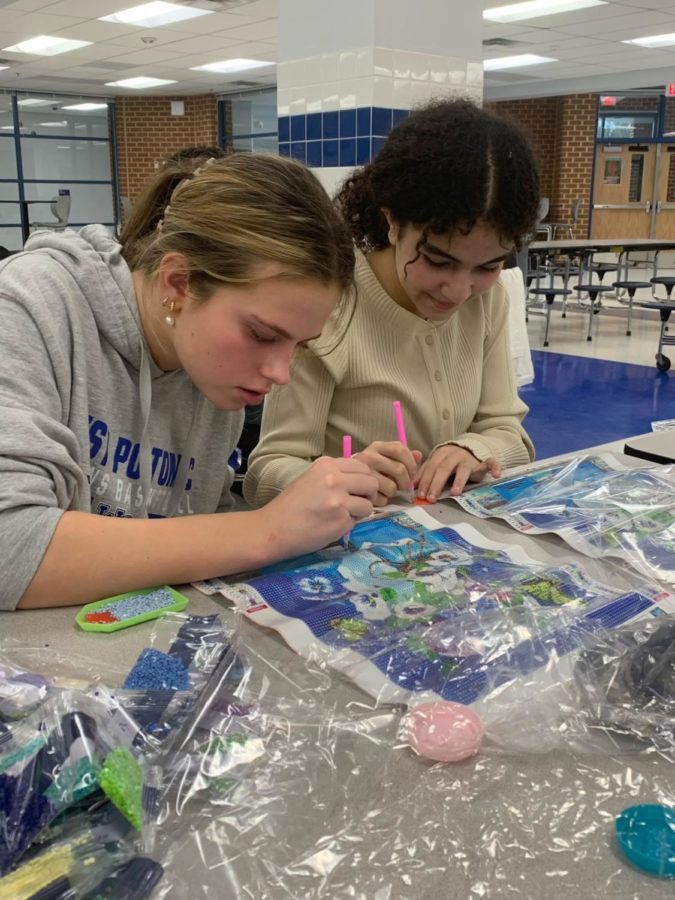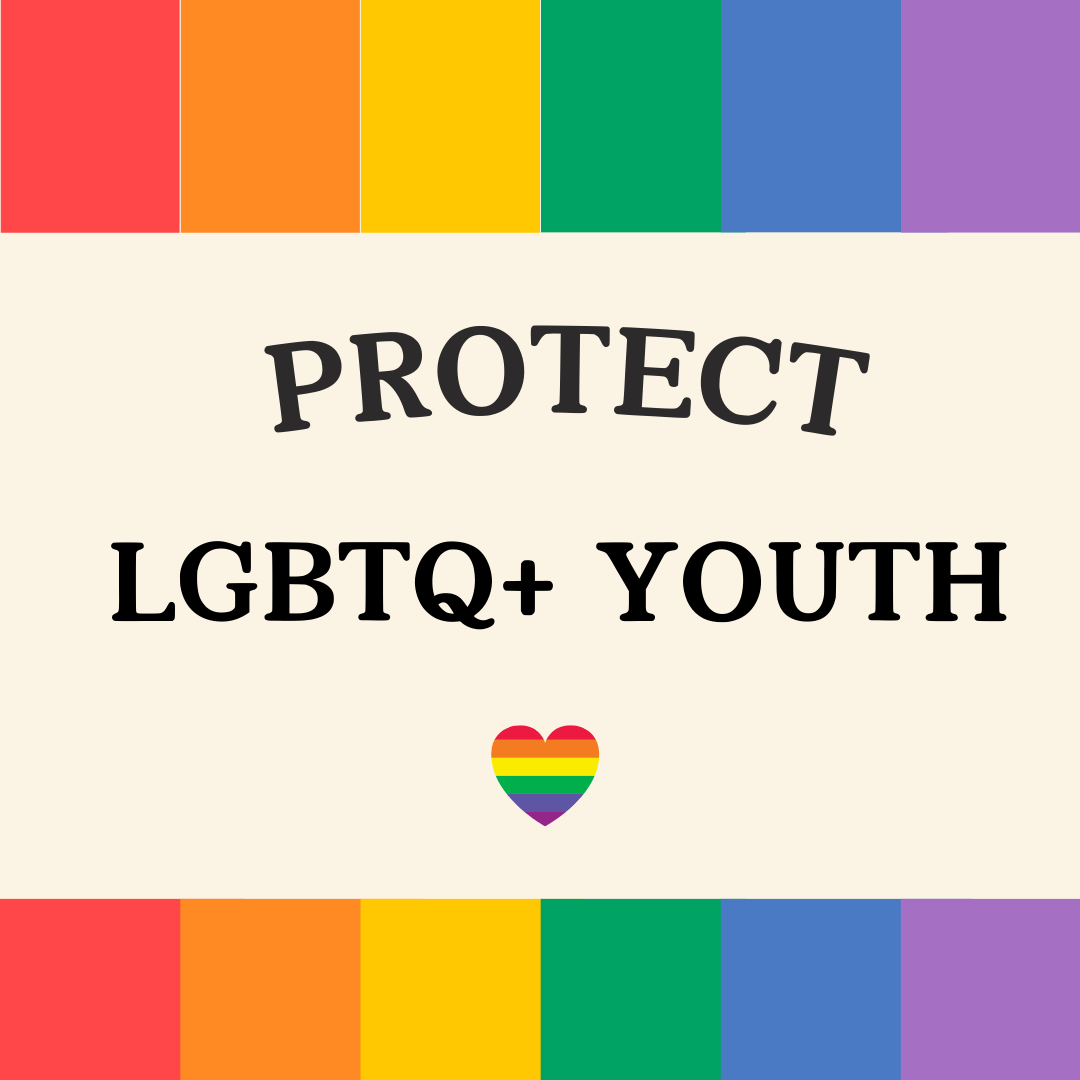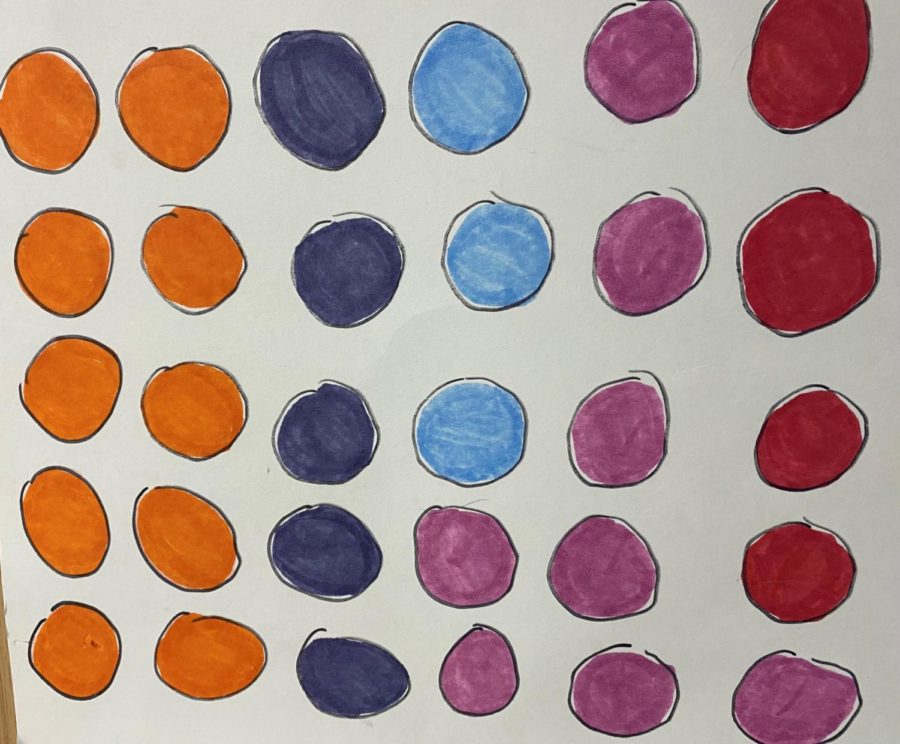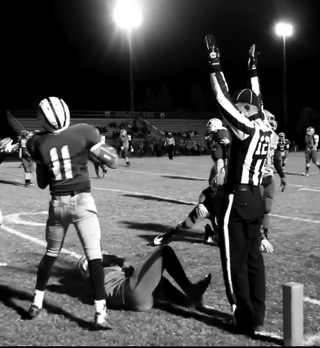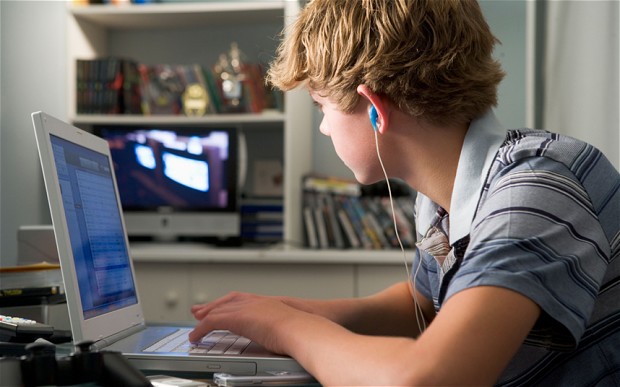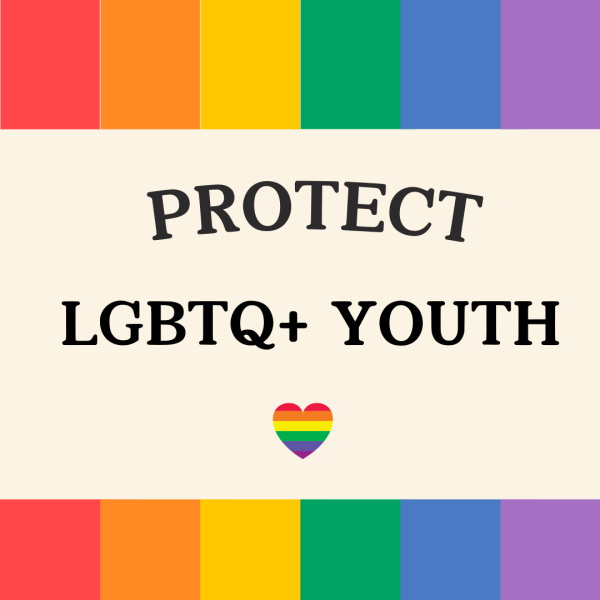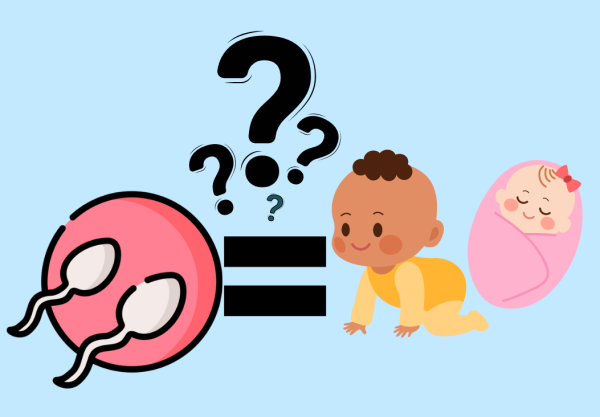Parental Protection or Paranoia? Parents and Teens’ Internet Privacy
There’s no doubting that the Internet plays a big part of people’s lives in the twenty-first century, used in most homes and schools, along with on mobile devices. According to a 2015 survey by Pew Research Center, nearly three-quarters of teens (ages 13-17) have access to a smartphone, and 92 percent of teens go online daily. It’s no wonder that many parents often take to monitoring their teen’s Internet history and other social technology. But is too much monitoring an invasion of privacy, and is this monitoring actually beneficial to teens?
For many teens, social media sites like Twitter and Instagram can serve as personal “me” spaces, much like journals and diaries. Everyone needs a little privacy. Nowadays, some of that privacy is reserved for online, even though nothing on the Internet is truly private for the public. Many teens find constant check ups on Internet History and over analyzing of visited websites causes trust and anxiety issues with parents; especially for teenagers who have never done anything wrong online or have not abused computer privileges set by parents. Opinions on teens’ privacy does not just end online, though. In a study done by Carnegie Mellon University of teenagers and parents of teenager’s opinions on privacy, only 20 percent of teens compared to 60 percent of parents agreed that it was ethical for parents to look through their teen’s text messages, agreeing that texts are more than other types of technology private because that’s where they talk to friends.
On the parents’ side of the argument, many can justify the invasion of privacy as keeping their children safe. According to another survey done by Pew in 2012, 81 percent of parents were concerned about advertisers and other third parties gathering information on their child’s online behavior, with 72 percent being concerned of interaction with people they don’t know and 69 percent worried about how their child’s online activity might affect future opportunities. These factors might weigh in to how many parents decide what to monitor and what to leave private. While the study by Carnegie Mellon University found that parents generally agreed that their teens should have some form of privacy and demonstrated trust, most said that if they really wanted to, they would look at their children’s phones. Most parents also admitted that they struggled making privacy decisions with unknown technology, “making it up as they go along”.
From all of the studies, most teenagers and parents agree that while it’s okay for parents to check on things every so often; trust between families is always important. For trust to go both ways, though, not checking on technology too often – but still checking in every once and a while – makes the most sense.
So what do your parents do about Internet and technology privacy? Do they match up with the opinions from the studies? Do your parents give you some amount of privacy and agree to trust you online, or do they prefer to track your online activity?
Sources-
“Parents, Teens, and Online Privacy.” Pew Research Centers Internet American Life Project RSS. Pew Research Centers, 19 Nov. 2012. Web. 10 Apr. 2015.
Cranor, Lorrie Faith, Adam L. Durity, Abigail Marsh, and Blase Ur. “Parents’ and Teens’ Perspectives on Privacy In a Technology-Filled World.” Carnegie Mellon University, 11 July 2014. Web. 10 Apr. 2015. <http://www.blaseur.com/papers/soups14_teens.pdf>




